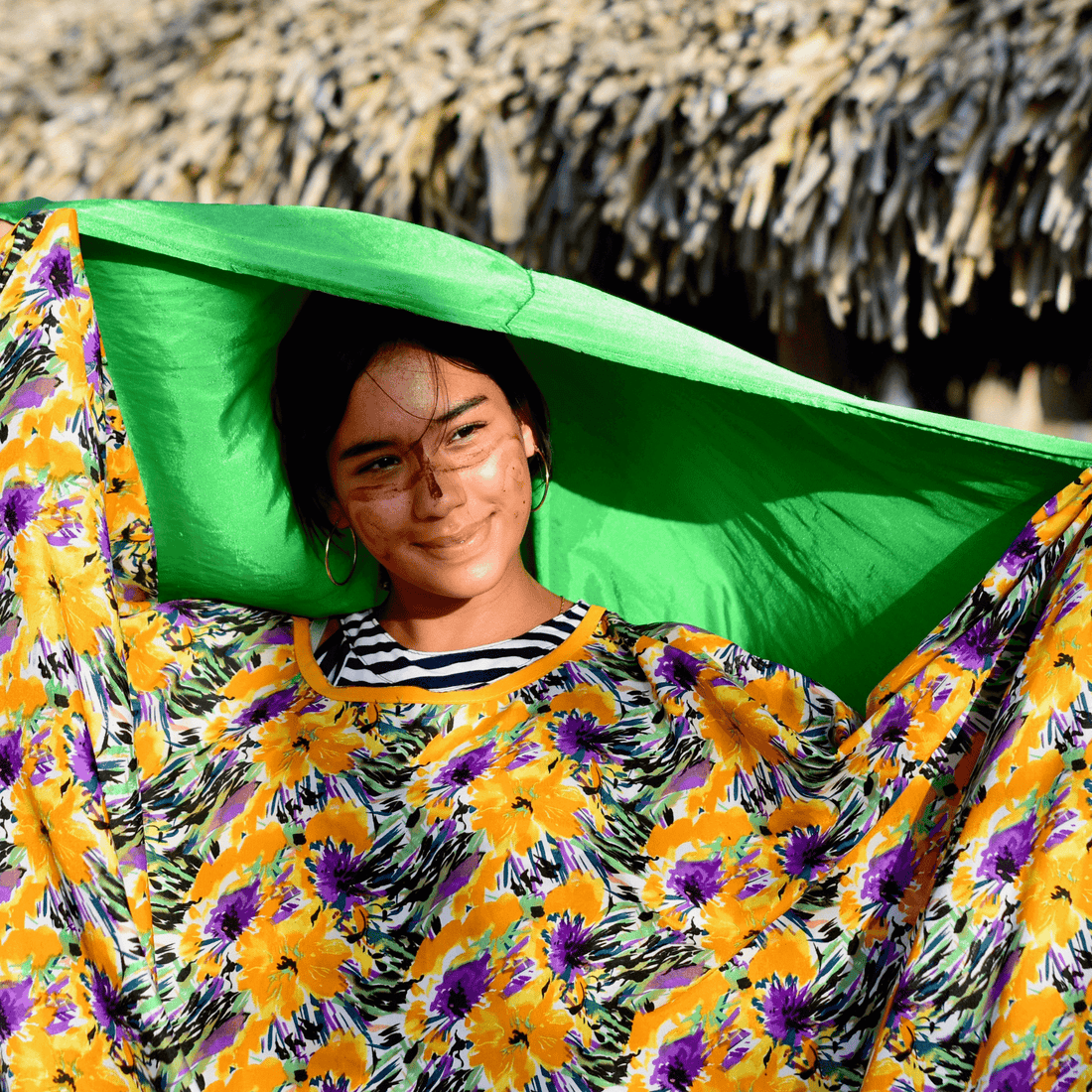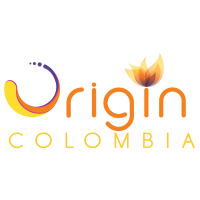
Wayuu Marriage A Celebration of Tradition and Community
Share
The Wayuu people of the Guajira Peninsula in northern Colombia and Venezuela have a rich cultural perspective on marriage. For this Indigenous community, marriage is more than a bond between two people — it is a sacred connection between families, built on Wayuu traditions, respect, and community values. This union reflects the deep cultural heritage of the Wayuu people in Colombia.
The Heart of Wayuu Marriage
In Wayuu culture, marriage is a vital tradition that reinforces social bonds and preserves the identity of the Wayuu people. It is seen as a sacred agreement between families, built on mutual support and respect. The colorful customs and rituals reflect the cultural richness of this Indigenous Colombian community and their deep connection to tradition.

A Matrilineal Society
The Wayuu people follow a matrilineal system, where lineage and inheritance pass through the mother’s side. This structure deeply influences their marriage traditions. Children become part of the mother’s clan, and the husband usually joins the bride’s family. This unique cultural trait helps preserve unity within Wayuu clans and reflects the deep-rooted values of Indigenous Colombian society.
Courtship and Proposal
Among the Wayuu people of Colombia, courtship is a respectful and intentional process. When a man is interested in a woman, he typically relies on intermediaries—such as elders or family members—to approach her relatives. This traditional method reflects the Wayuu’s cultural values of respect and family involvement.
If both families agree, they arrange the dowry, or apüshii, which may include livestock, jewelry, and other meaningful items. The dowry is more than a gift — it represents the groom’s family's commitment and respect for the bride’s lineage, reinforcing the importance of family and tradition in Wayuu marriage customs.
The Marriage Ceremony
Wayuu marriage ceremonies are lively and community-driven events that reflect the deep-rooted traditions of the Wayuu people of Colombia. These celebrations often span several days and include music, dance, rituals, and shared meals, bringing together the entire clan.
The bride wears traditional Wayuu clothing — a brightly colored manta and handmade jewelry — symbolizing her transition into married life. The groom dresses in garments adorned with clan symbols, representing his cultural identity.
A central ritual is the majayura, or "dance of the maidens," where the bride and other young Wayuu women dance gracefully before the community. This ritual honors feminine beauty, unity, and social harmony, reinforcing the cultural significance of marriage within Wayuu traditions.

Life After Marriage
In Wayuu culture, life after marriage reflects the community’s strong matrilineal roots. The couple settles into the bride’s family household, where the groom becomes part of her clan. This tradition among the Wayuu people reinforces the importance of the maternal lineage and keeps the family unit strong.
The husband contributes to daily responsibilities and supports the well-being of the household, while the extended family provides emotional and social support. This structure, deeply rooted in Colombian traditions, fosters mutual respect and collaboration — core values in Wayuu marriages.

Adapting to Modern Times
The Wayuu people continue to honor their rich cultural heritage, even as they navigate the realities of modern life. While Wayuu marriage traditions remain rooted in ancestral values, economic shifts, migration, and outside cultural influences have prompted gradual changes. Some younger generations adapt certain practices, blending modern lifestyles with the core principles of Wayuu culture.
Despite these changes, respect, family unity, and community support continue to define Wayuu marriage — preserving the strength and identity of one of Colombia’s most resilient Indigenous cultures.
